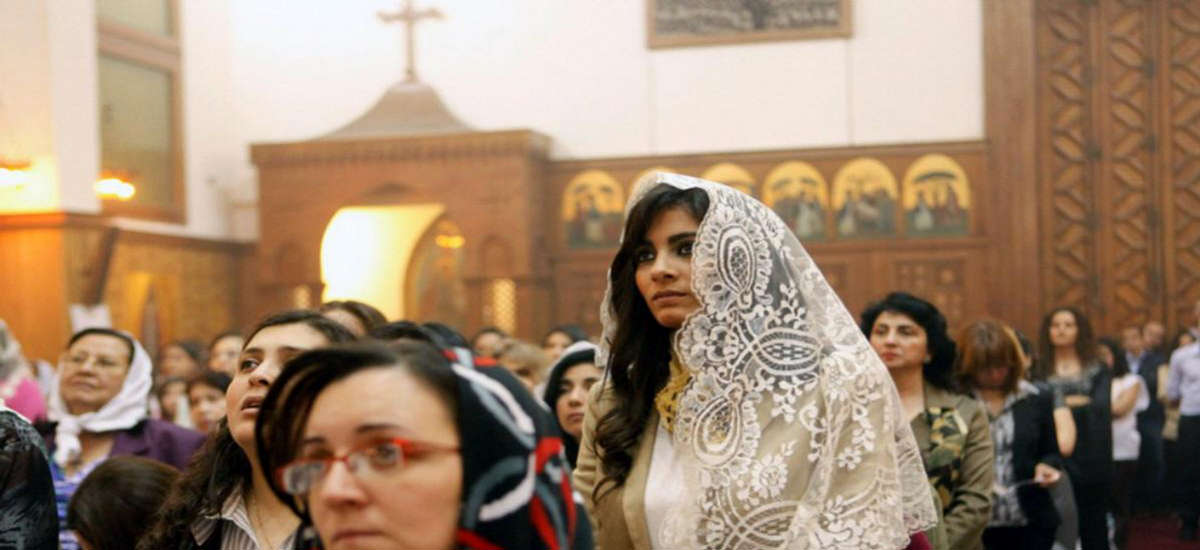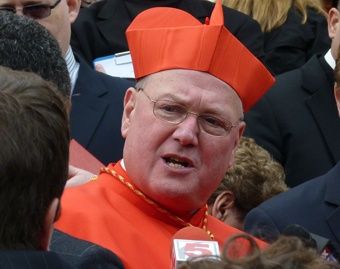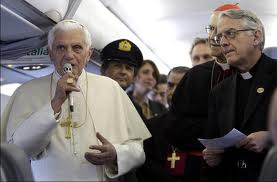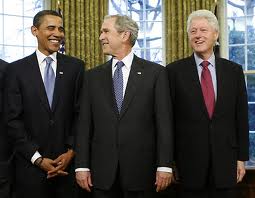
As a former tour guide on Nile cruise boats and now a professor of religious studies at Santa Clara University in California, David Pinault is no stranger to the Middle East. He was there during the demonstrations in Tahrir Square in January 2011. He recently went back again and wrote an article, "Ready To Be Martyrs." It offers us a unique perspective from which all Christians can learn.
KNOXVILLE, TN (Catholic Online) – As a former tour guide on Nile cruise boats and now a professor of religious studies at Santa Clara University in California, David Pinault is no stranger to the Middle East. He was there during the demonstrations in Tahrir Square in January 2011. He recently went back again and wrote an article, "Ready To Be Martyrs." It offers us a unique perspective from which all Christians can learn.
According to his article, two things stood out for Pinault on his most recent trip to Egypt: the modern-day martyrdom of Christians in Egypt and the Egyptian heritage of the Coptic Christian community. He recalls his driver in Cairo, a Copt by the name of Sami, telling him about the persecution of the Copts by Islamists since the demonstrations in 2011. Islamists want an Islamist government with sharia law as its foundation. But sharia law discriminates against non-Muslims and more liberal-minded Muslims.
Sami said that it had not been as bad for the Copts when President Mubarak was in power because he had suppressed the Islamists. But since Mubarak was forced to step down, the Islamists have felt emboldened. Now, they are burning churches, inciting riots against the Copts and openly calling for the expulsion of Christians without fear. As a result, over 100,000 Copts are believed to have fled Egypt since Mubarak was ousted; but Sami insisted, "I’m staying. I’m not leaving my country."
Sami added, "We’re ready to be martyrs. We’re ready to be with Christ, to live with Christ. . . . Christ is testing us. I tell my friends to stay. Christ could end this suffering, this trial, at any time. How will you feel, I tell my friends, if you’re in Canada instead of Egypt when Christ returns?" Pinault pondered Sami’s statements as they passed by the burned-out ruins of the Institute of Egypt, and he felt something stir within him.
He recalled how the institute had been founded by the French after Napoleon Bonaparte invaded Egypt in 1798. Its archives contained many ancient maps, books and manuscripts. Then in 2011 when Egyptian soldiers stood on its roof and shot at the demonstrators in the square below, some demonstrators responded by fire bombing the building to shouts of "Allah is great" and "there is no god except Allah." Much of the priceless collection was destroyed. Kamal ‘Arafah, an Egyptian poet and commentator, compared the destruction of the institute to the burning of the Library of Alexandria and the destruction of the learning centers in Baghdad by the Mongols.







